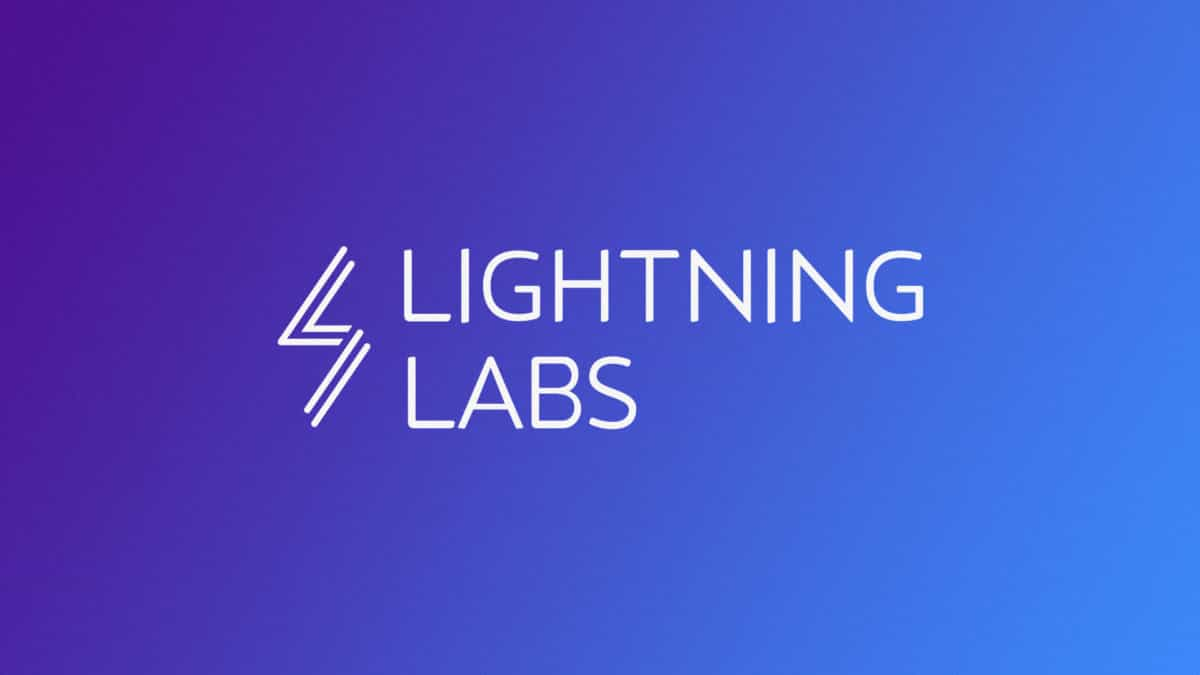Lightning Labs unveils authentication protocol that lets providers offer paid, metered APIs on the Lightning Network

We'd love your feedback.
Lightning Labs has unveiled a new authentication protocol, the Lightning Service Authentication Tokens (LSAT) protocol, that would allow businesses to offer paid APIs on the Lightning Network.
Right now, users often have to hand in their personal data like email addresses and credit card information to make payments and access services on the web. The new LSAT protocol, on the other hand, gives users a receipt for each purchase they make on the Lightning Network. They can then use the receipt for future authentication of the same service, according to a blog post by Olaoluwa Osuntokun, CTO at Lightning Labs.
“An LSAT is essentially a ticket obtained over Lightning for a particular service or resource,” said Osuntokun.
Compared to regular cookies, an LSAT carries credentials that are cryptographically verifiable. In other words, users do not need to use the traditional email login method or provide their credit card information when they seek services like computing, file hosting, or raw disk space. It is a more seamless experience, Osuntokun said and offers more privacy to the end-user because the server itself has no knowledge of who paid for the token.
Moreover, the LSAT protocol would enable metered APIs, allowing users to make payments on an ongoing basis instead of paying for a subscription at the beginning. This would enable a wide range of use-cases like metered video streaming services, Osuntokun said.
Alongside the LSAT specification, Lightning Labs is also releasing Aperture, an LSAT reverse proxy. Aperture currently supports minting for selected services including proxying requests for REST and gRPC calls and will include more features in the future.



